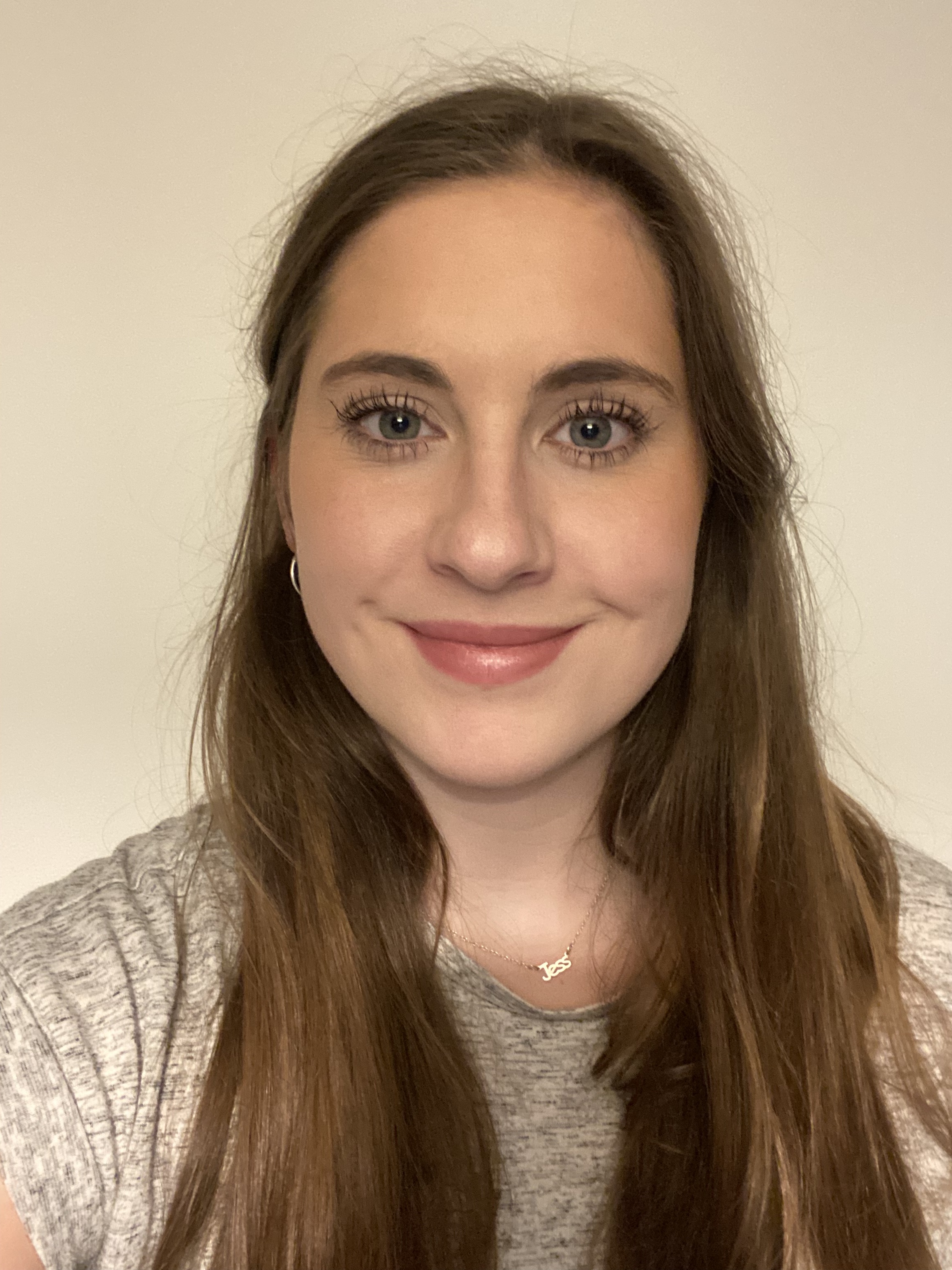Profile
Title: Experiences of therapeutic services for people with histories of complex trauma: a mixed-methods study
I am a third year PhD student (cohort 2020-2021) in the Unit of Psychological Medicine in the Centre of Psychiatry and Mental Health. I am investigating how individuals, who have experienced trauma, identify with their given mental health diagnosis and how they understand the role of past trauma in their presenting difficulties. Additionally, my research aims to uncover whether there are any biases and preferences around the diagnostic labels, complex PTSD (CPTSD) and borderline personality disorder (BPD).
Complex PTSD is a newly-identified disorder linked to adverse childhood experiences characterised by traumatic memory in which the individual has difficulty organising their emotions after exposure to traumatic interpersonal victimisation. Difficulties presented in CPTSD are also displayed in individuals with a diagnosis of BPD; a serious mental disorder characterised by a pervasive pattern of instability in interpersonal relationships, self-image, impulse control and affect regulation. Patients with BPD report high prevalence rates of negative childhood events such as neglect or childhood sexual abuse.
Similarities between these disorders have made them hard to distinguish. My published systematic review investigates the similarities and differences of BPD and CPTSD in terms of symptom presentation. My empirical study will focus on how patients identify with their diagnosis, in relation to their past trauma and whether a preference exists over diagnostic terms. Additionally, the study will investigate clinicians understanding of the diagnoses, how CPTSD fits within the remit of personality disorder services and whether stigma exists in treatment.
I am recruiting adults within personality disorder and complex needs services. Participants will be asked to complete a set of questionnaires investigating trauma, symptoms and functioning. Additionally, some participants will be interviewed about their understanding of their diagnosis, their progress, how their identity has changed throughout the therapeutic progress and any stigma they have faced. Clinicians will also be interviewed to gain an understanding on how both diagnoses fit within the remit of their service.
Supervisors: Professor Mark Freestone and Dr Tennyson Lee
